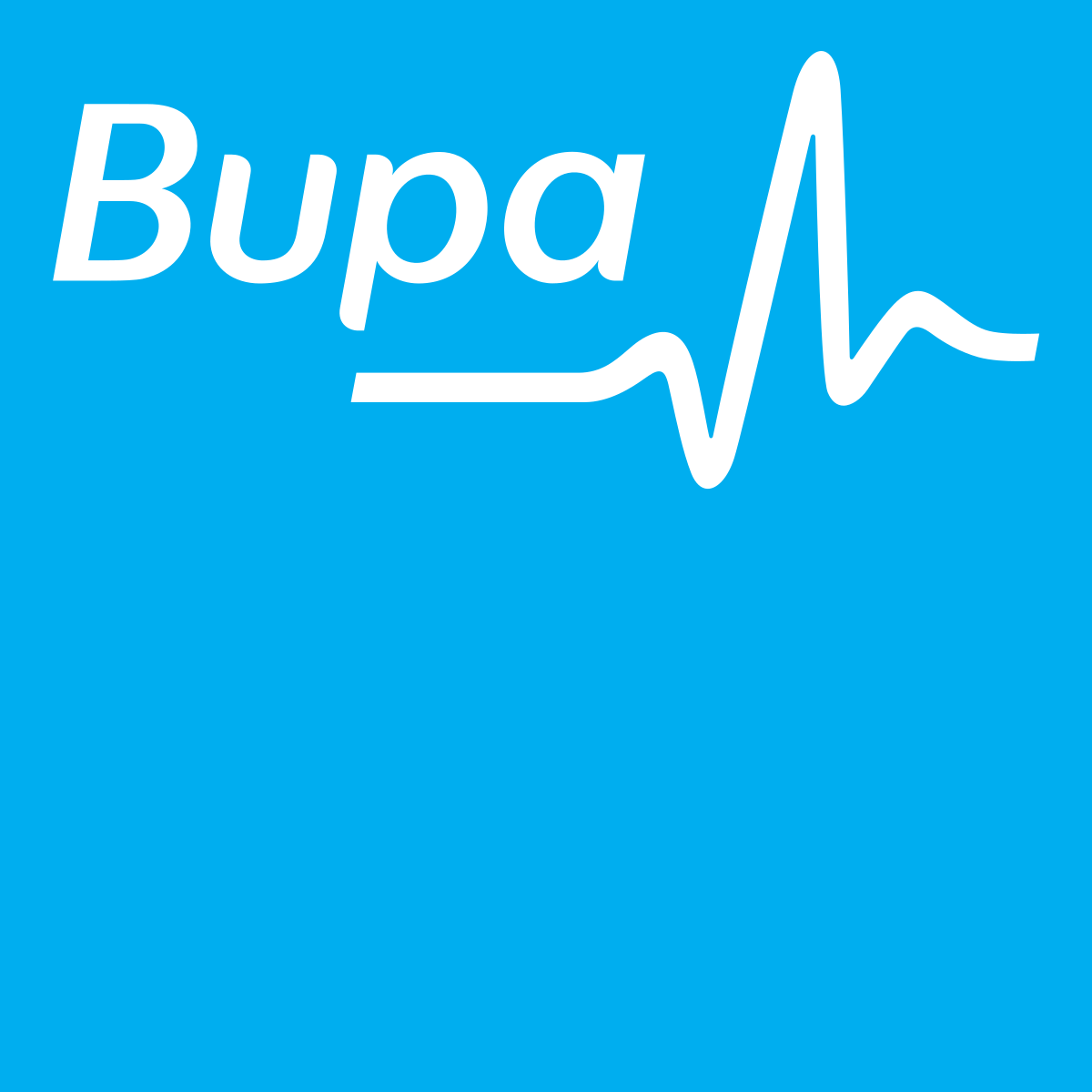Can Bariatric Surgery Really Cure Diabetes?
Bariatric surgery is the specialty in surgery, which deals with the surgical treatment for obesity. Tackling obesity seems simple. Eat less, exercise more, lose weight. But, for many severely overweight people, diets and exercise just don’t work. Furthermore, repeated attempts lead to the yo-yoing of short-term success followed by inevitable weight-gain, leading to frustration, despair and worsening health.
Obesity is a growing problem worldwide and the number of people looking for a solution to reduce their weight is soaring. Recent estimates from the Middle East show that the obesity epidemic has overtaken the United States, which was long the world leader. For example, in Qatar, about 70% of people are overweight and some 41% are obese. Similarly, 50% of Saudi children are obese. The UAE ranks as the fifth fattest nation in the world. The population, especially children, over-consume food rich in carbohydrates, salt, fat, and processed sugar. This health problem is exacerbated due to the lack of an exercise culture.
Obesity not only reduces life expectancy but it is also associated with adverse metabolic effects on blood pressure, cholesterol, triglycerides and insulin resistance. Risks of coronary heart disease, ischemic stroke and type 2 diabetes mellitus (T2DM) increase steadily with increasing body mass index (BMI). The BMI also increases the risk of cancer of the breast, colon, prostate, and uterus.
The relationship between BMI and diabetes deserves further scrutiny. As weight increases, fat is deposited both subcutaneously and around the viscera. This visceral fat is associated with increasing levels of insulin resistance and higher insulin production which in turn drives further fat deposition. Hence it is not surprising that there is a strong relationship between the two and the term “diabesity” has been coined to suggest an overlap of the problems. Approximately, half of those diagnosed with T2DM are obese and 20-30% of those who receive bariatric surgery are diabetic. Research shows that going from a body mass index of 21 to 35 increases the likelihood of developing type 2 diabetes by 37 times. It is therefore not surprising that the incidence of type 2 diabetes in some Middle Eastern countries is on the rise. Whereas in the UK and US, type 2 diabetes incidence rates are between 7 and 9% respectively, in some Middle Eastern countries, the incidence is nearing 20%.
Weight loss can prevent this and lead to a dramatic improvement in obesity-related diseases such as diabetes, high blood pressure, heart disease and high cholesterol. Treating obesity can also reverse infertility in women and can improve the results of surgeries such as knee and hip replacements.
Bariatric surgery is currently the most effective treatment for morbid obesity and has arguably the best long-term outcome. What however is fascinating is the speed with which some bariatric operations resolve Type 2 diabetes, for example, the gastric bypass operation leads to normal blood sugar levels within days of the operation.
The three most popular bariatric procedures are laparoscopic gastric banding, gastric bypass, and sleeve gastrectomy (see diagram).
How Does the Surgery work?
Obesity surgery works in two ways: through reducing hunger and increasing fullness. With gastric banding, an inflatable plastic ring can be used to control the amount of food passing from the stomach into the digestive tract. The gastric bypass (LRYGB) operation enables food to skip some of the stomach and part of the small intestines, instead entering a small pouch that leads straight to the small bowel. In the sleeve gastrectomy, the stomach is converted into a long thin tube by stapling it along its length and removing the excess. The food takes the regular route.
All three operations described above will help put type 2 diabetes in remission. The gastric band works by producing weight loss and leads to gradual improvement as the degree of visceral fat lessens. The bypass and sleeve operations work through different, more immediate metabolic mechanisms where the levels of gut peptides that have an ‘anti-diabetes’ effect increase. Some of those implicated include PYY, GLP-1, Oxyntomodulin. There are most likely others that have yet to be isolated. It has been postulated by some scientists that it is the changes in the levels of these gut peptides that is responsible for the early improvement in glycaemic control seen after surgery, before the occurrence of any weight loss. Other mechanisms that have been implicated to explain the metabolic effects of surgery include: (i) alterations in bile flow after surgery, changes in the gut microbiome, (iii) changes in vagus nerve / parasympathetic nervous system activity. Clearly more mechanistic studies are needed to try to understand how the metabolic effects of these operations occur but two things are clear – the remission of type 2 diabetes is immediate and significant. For this reason the term metabolic surgery is used to refer to bariatric operations when performed with the primary objective of diabetes resolution. Studies looking at the longer term effects of surgery over 5 and 10 years are underway and interim results are positive as is the effect of surgery on microvascular complications such as nephropathy.
The Evidence
There is an increasing evidence base supporting the use of bariatric operations in the treatment of type 2 diabetes. In fact the International Diabetes Federation has included bariatric or metabolic surgery in its algorithm for the treatment of diabetes (see Figure).
Buchwald’s meta analysis demonstrates that bariatric surgery has impressive results in the treatment of diabetes with 78% of diabetic patients demonstrating complete remission and 86% an improvement or remission of diabetes after bariatric surgery. Adams in a large cohort study described a remarkable 92% decrease in diabetes related deaths after LRYGB. The first randomised controlled trial (RCT) was performed by Dixon and colleagues and compared the effectiveness of laparoscopic gastric banding (LAGB) and conventional therapy in remission of T2DM at two years follow- up and found that it was significantly higher (73%) in the LAGB group compared with the conventional group (13%). More recently two excellent RCTs were reported in the New England Journal of Medicine by Schauer (Stampede study) and Mingrone respectively. In the Stampede trial, the primary end point, HbA1c ≤6%, was achieved in 12% of best medical care patients, 42% of Gastric Bypass patients and 37% of Sleeve Gastrectomy patients. All 42% of Gastric Bypass patients who achieve the primary end-point target, did so without requiring any diabetic medications (oral or injectable). The relative success rate of surgery over medical therapy at reaching biochemical resolution of T2DM was quite large and highly significant. More recently a paper from the BMJ used meta-analysis to look at 11 randomised studies comparing surgery versus medical treatment for T2DM and demonstrated the superiority of metabolic surgery.
More evidence is on the way in an attempt to try and change physicians perceptions of what makes a disease ‘medical’ or ‘surgical’. There are just conditions and treatments and as such it is important for all healthcare professionals to be aware of the option and role of metabolic surgery in treating type 2 diabetes.
Receiving surgery
The popularity of bariatric and metabolic surgery is on the rise. This unfortunately has given rise to numerous general surgeons taking on the title of ‘bariatric surgeons’ without necessarily receiving the expert training for this speciality or having the appropriate systems for pre and post-operative care.
The input from a psychiatrist, a dietician, a bariatric physician, a specialist nurse and an anaesthetist is vital to promote a good outcome for the patient. Dietician input both before and after surgery is highly valuable so that patients can be informed of the necessary changes in eating (both quantity and type of food) that need to be made. Furthermore assessment by a psychiatrist helps ensure that those patients with pre-existing psychological comorbidities receive therapy to ensure optimal benefit from surgery. Similarly those patients with drug addictions, active psychoses and personality disorders, which all represent poor compliance with the surgery and its aftercare, will be filtered out by the psychiatrist. Good pre-operative work up prior to a general anaesthetic is crucial. The patient will often have many co-morbidities including diabetes, hypertension, mobility difficulties secondary to arthritis and obstructive sleep apnoea. The latter can be undiagnosed, and if it remains undetected, the patient can have anaesthetic complications postoperatively including respiratory failure. Immobile patients are at high risk of DVT and may thus require pre-operative IVC filter insertion. Thus care and attention in optimising patients before surgery will reduce and often eliminate the need for intensive unit care in the peri and postoperative period as well as reduce postoperative complications.
It is therefore highly recommended when referring patients for metabolic surgery to choose high volume units with the appropriate multidisciplinary team approach.
 Consultant Laparoscopic & Bariatric Surgeon
Consultant Laparoscopic & Bariatric Surgeon





